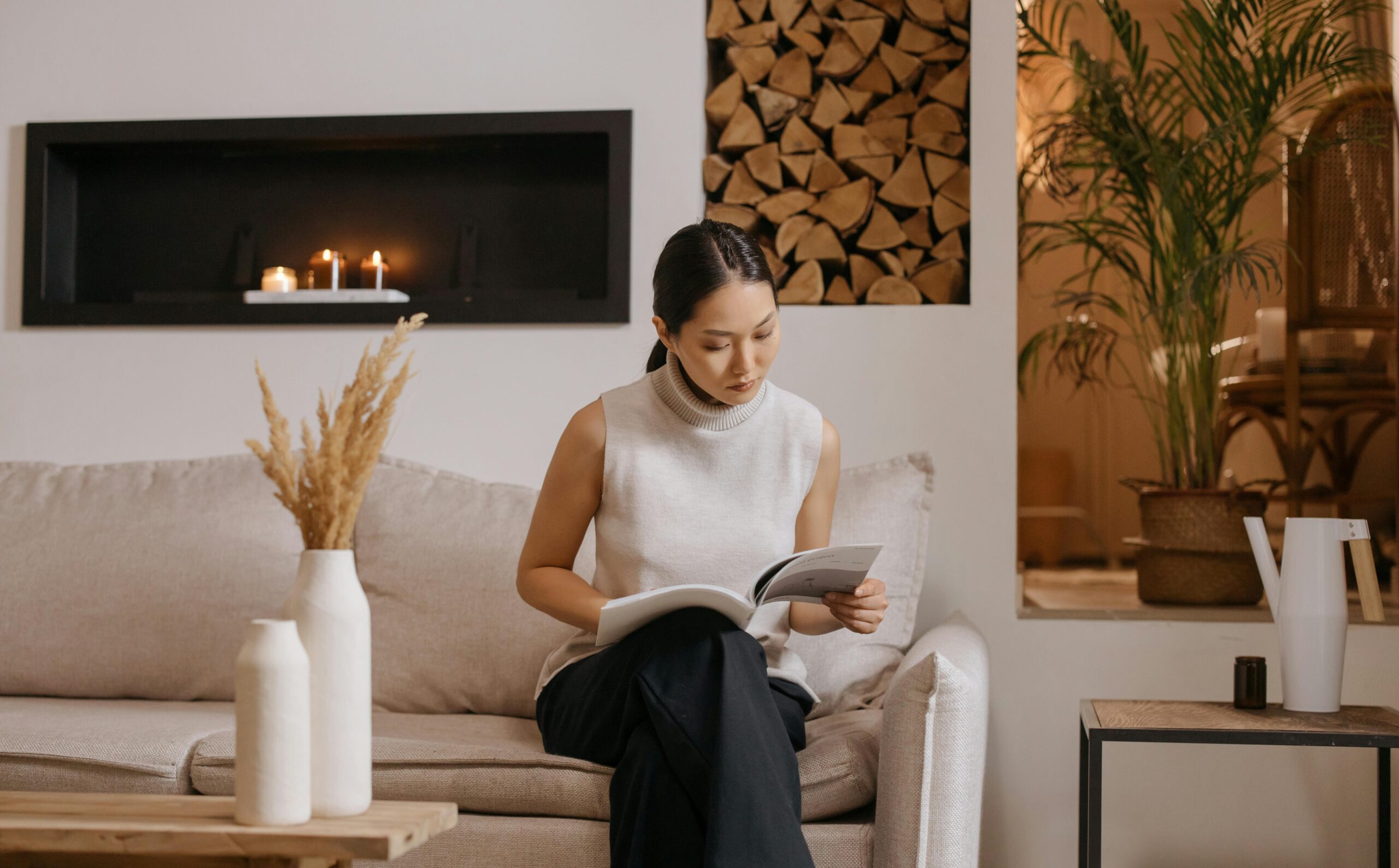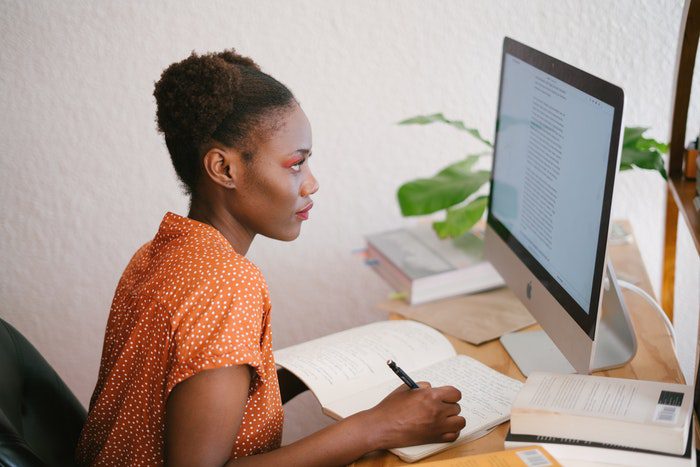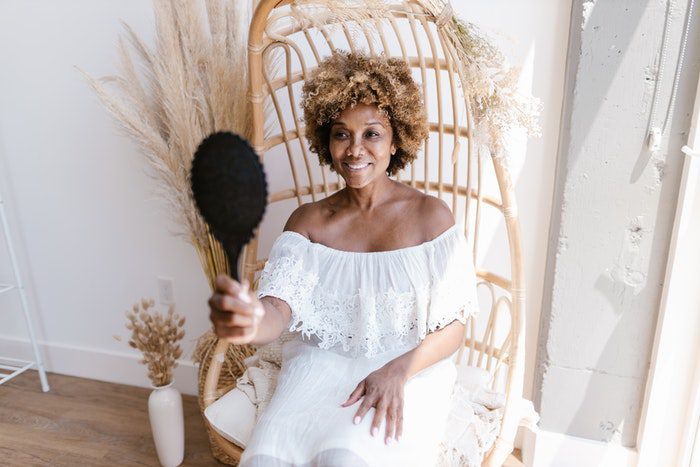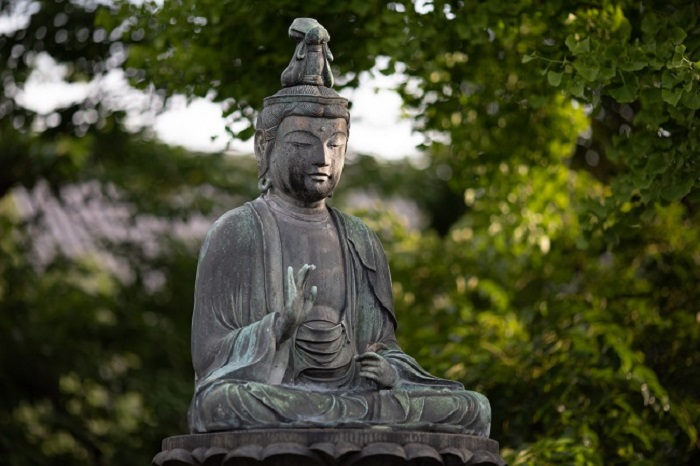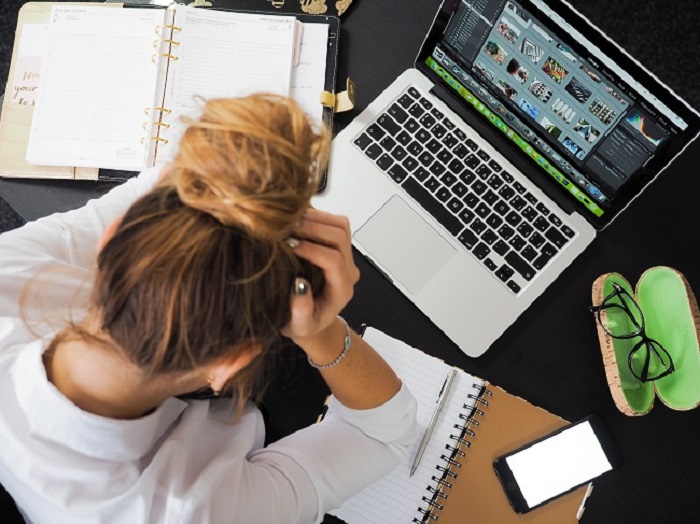We no longer live in a world in which having knowledge is what matters. Now, of course, it’s nice to know certain facts off the top of your head. But if you don’t, it simply doesn’t matter. Your phone or computer can give you any information that you are seeking simply with a quick Google search. As a result, what really matters in today’s world is wisdom.
Realize that having knowledge isn’t the same as having wisdom. Having knowledge just means that you know some facts. E.g. A cheetah can run 50 to 80 miles per hour. Or, the U.S. has roughly 332 million people. Etc.
Having wisdom is quite different. When you possess wisdom, you have good judgment. You make good choices in life. And you know how to best conduct yourself in any situation.
The problem is that wisdom can’t be taught. That’s why they don’t teach wisdom in school. Of course, schools teach it in an indirect manner in history and literature classes. Those are the classes in which students often are asked to contemplate what constitutes a good choice versus a bad choice. And in religious education, there’s some discussion about morality and personal ethics.
But ultimately, wisdom can’t be taught. That’s because wisdom is a skill that only can be developed over time. Wise individuals have developed their wisdom over the years through trial and error. They’ve seen what kinds of choices have worked to make their lives better. And they’ve seen what kinds of choices have turned their lives into a complete mess.
So, becoming a wise person is a very personal journey. And, sadly, not every person becomes wise during his or her lifetime. That’s because the journey to wisdom involves self-reflection, learning from experiences, and a desire to have a more sophisticated understanding of the world.
Read below about five effective ways you can develop your wisdom:
Reflect on Your Experiences
One of the most important ways that we become wise is by learning from our experiences. Sometimes, when we look back on our lives, we may feel badly about mistakes we’ve made. Or we may feel frustrated if we were treated poorly by others. But feeling badly about the past is a waste of time. The past is over and done with.
However, while we shouldn’t spend time feeling badly about the past, we should use our past experiences to our benefit. Realize that our past experiences have significant value! We can learn a lot about ourselves and about how to live more wisely simply by reflecting on our past.
For example, I have a friend who didn’t have good parents. Sadly, his parents didn’t take the job of parenting seriously. Instead, while he was growing up, his parents were distracted by their own personal issues, and they didn’t put in the effort that’s required to be a great parent.
While my friend was reasonably disappointed by his upbringing, he ultimately used his negative childhood experiences to become a wiser parent. As an adult, he raised two children of his own. And during their upbringing, he chose to put in the time necessary to be a great parent. He gave his children his full attention and worked very hard to be a great dad. He took the job of being a parent seriously. As a result, he’s been rewarded with two highly successful adult children with whom he has great relationships.
So, know that your negative experiences aren’t just bad experiences. They also can help you to make wiser, better choices as you go forward in life.
Spend Time with People Who Aren’t Just Like You
I will concede that life is a lot easier if we spend our time with people just like us. If we hang out with people who hold our same religious and political beliefs, conversations are simpler. And if we associate with folks who have our same work ethic and professional aspirations, it’s easier to relate to them. The same holds true if we only spend time with people who share our same culture and nationality.
But the problem is that if you don’t associate with people who are different from you, you’ll end up with a very unsophisticated view of the world. That’s because your views won’t be well thought out.
Realize that to have well-developed opinions, you need to have your views challenged. That allows you to think through your beliefs. And the only way to accomplish that is to spend time with people who are different from you and to listen to their points of view.
Unfortunately, most people are uncomfortable with having their views challenged. That’s because they’re insecure. They perceive disagreement as an attack on their intellectual capabilities (e.g. “That person doesn’t agree with me, so he must think I’m stupid.”).
To become a wise person, you need to let go of those kinds of insecurities. Be confident in yourself and your intellectual capabilities! Then go out into the world and meet people from various backgrounds with different viewpoints.
And then listen. Listen to what other people have to say. Consider whether what they are saying makes sense to you, or whether it doesn’t resonate with your life experience or your values. It is only from that kind of deeper analysis that you can develop a wiser, more sophisticated view of the world.
Read Widely
Reading is one of the many ways that you can develop your wisdom. Realize that most of us don’t have the time or financial resources to experience other cultures by traveling the world. Nor do most of us have the ability to drop everything and take some college classes in a particular subject, like philosophy or history.
But even though you may not be able to travel to the other side of the world to meet different people, and even though you may not be able to stop working to study a particular subject, you can learn a lot through reading. Books can expand your understanding of the world, beyond your actual life experience.
Moreover, books are a wonderful complement to real life experiences. As an illustration, let’s say that I go to a museum and look at a painting. By merely looking at the painting, I’ll have a visual experience. But, let’s say that after I look at the painting, I then read about the painting and the artist. I’ll then have a more sophisticated understanding of what I saw!
The same holds true for all kinds of experiences. You can visit another country and have one kind of experience. You’ll meet the people, and you may see some tourist attractions. But if you read about that country’s history and culture, your experience will be so much richer!
By reading, we can have a deeper, more nuanced understanding of our experiences and of the world. And that more sophisticated understanding will make us wiser.
Practice Mindfulness
To be wise, it isn’t simply enough to understand others and the world generally. It’s equally (if not more) important to understand yourself. And the only way to do that is to practice mindfulness.
When we are mindful, we eliminate the distractions, and we are fully present in this moment. When we stop distracting ourselves, it’s then that we really get to know ourselves. We are aware of the thoughts moving around our brains – both the good ones, and the bad ones. And we then find out who we really are.
That’s hard to do. Not one of us is perfect. And learning to accept the imperfect aspects of ourselves can be uncomfortable. But the only way to be truly wise is to understand yourself. And not just your strengths, but also your weaknesses.
In addition, the benefit of getting to know yourself is that you also figure out what you like, what you don’t like, and what kind of life you want to create. For example, it took me a number of years to really know myself. And that involved sitting quietly and figuring out what kind of person I am, and what kind of life I wanted to have.
Once I did that, I started making wise life decisions. First, I moved to a part of the world where I felt comfortable. Then I found work that was intellectually interesting to me. After that, I wisely married a gentleman who was very independent, and who gave me the space to thrive. I then was able to create a great life. I now have a life in which I spend my time doing those things that I find to be rewarding. But it took time, reflection and self-knowledge to start making wiser decisions about my life.
So, if you want to develop your wisdom, know thyself. Understand who you are, the good and the bad. Learn what kind of person you are, what makes you happy, and then use that wisdom to create a life that you truly love.
Learn from Your Mistakes
One of the most important ways that we develop our wisdom is through our mistakes. Realize that mistakes aren’t solely bad! They can be our teachers, if we use them correctly.
What I’ve found is that it’s hard to learn lessons from one’s mistakes immediately. Rather, it takes time away from that mistake to properly analyze what occurred, and what you can learn from the experience.
For instance, let’s say that you lose your job. Now, in the immediate aftermath of your employer laying you off or firing you, you’ll probably feel fairly defensive. You’ll think, “The employer treated me unfairly.” But after a year or two, you might see that situation with fresh eyes. You may realize that you didn’t have the right skills for the job. Or, you may realize that you were unhappy at the job, and as a result, you didn’t have a good attitude.
From there, you can learn from your mistakes. You might decide to solely look for jobs for which you are well-qualified. Or, you may decide that you are going to adopt an extremely positive attitude at work, no matter how imperfect your job may be (And trust me. There is no perfect job!).
But it takes time to have those kinds of revelations. You need some distance from a situation to see what your role may have been in the situation, and what kind of mistakes you may have made.
Similarly, let’s say that you and your spouse divorce. In any divorce, people initially think that the failure of the marriage was the other person’s fault. But after a couple of years, you may realize that you mistakenly married someone to whom you weren’t well-suited. That happens! And in the future, when you look for a spouse, you’ll try to find someone whose personality is more compatible with yours.
So, the key to gaining wisdom from your past mistakes is to let them sit for a little bit. Get some space between yourself and that regrettable error! And then look at the situation with fresh eyes. If you do, you’ll learn from those past mistakes, and you’ll gain invaluable wisdom.
If you are seeking to become a wiser person, follow the approaches above. Remember that wisdom is something that we develop over time and with conscious effort. The key is to continuously challenge yourself to learn and grow. Be open to new ideas. Reflect on your experiences. If you do so, you’ll be on the path to true wisdom. (To read further about how to become a wiser, more compassionate person, click here.)
